2009 -- Putting things into perspective

A photograph taken by Voyager 1, at a distance of 4 billion miles, (only) about 6 light-hours, from Earth. Our planet is the tiny pale speck, in the top center of the picture. You have to look carefully to see it.
Astronomer Carl Sagan put things into perspective about "our tiny pale speck":
"That's here. That's home. That's us. On it everyone you love, everyone you know, everyone you ever heard of, every human being who ever was, lived out their lives. The aggregate of our joy and suffering, thousands of confident religions, ideologies, and economic doctrines, every hunter and forager, every hero and coward, every creator and destroyer of civilization, every king and peasant, every young couple in love, every mother and father, hopeful child, inventor and explorer, every teacher of morals, every corrupt politician, every "superstar", every "supreme leader", every saint and sinner in the history of our species lived there - on a mote of dust suspended in a sunbeam." (Full)Happy New Year to all of you. Let's hope 2009 will bring a bit of peace, prosperity and happiness to each one living on this tiny blue speck.
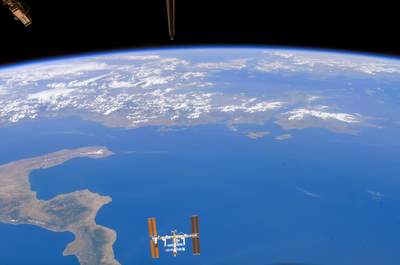
Picture courtesy NASA Read the full post...
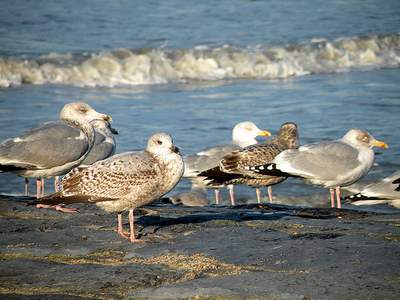
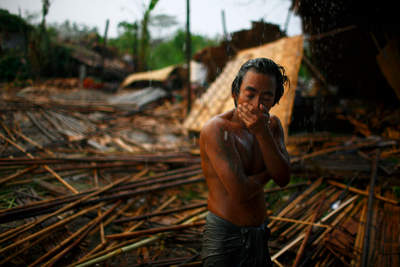
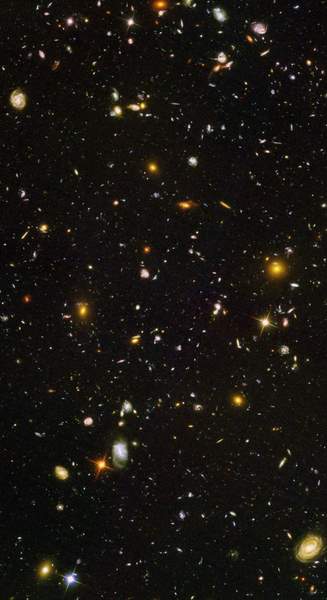
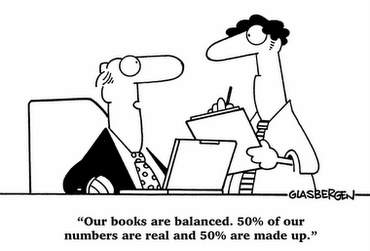
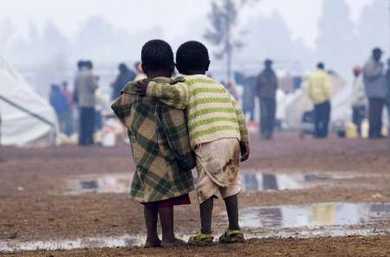

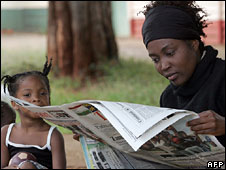
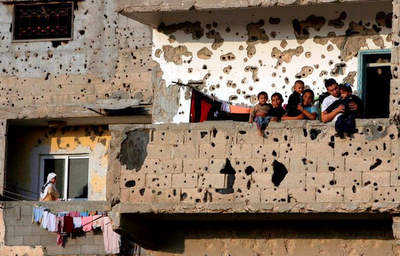
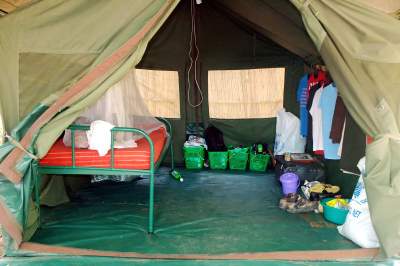
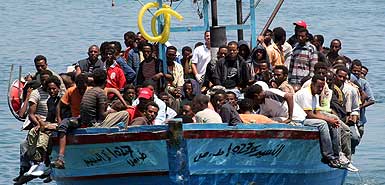
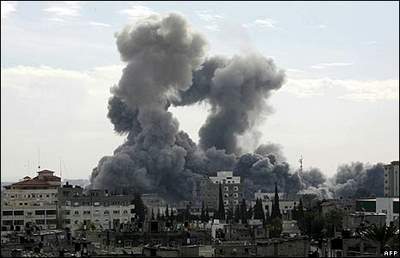



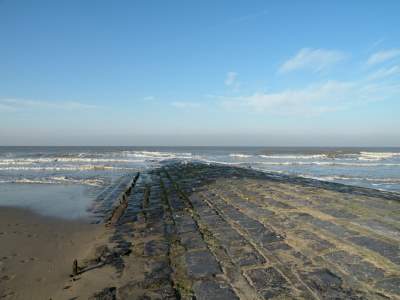
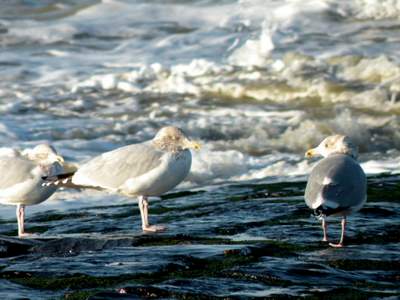
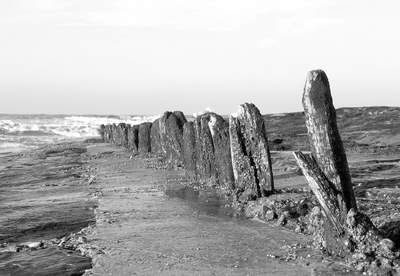
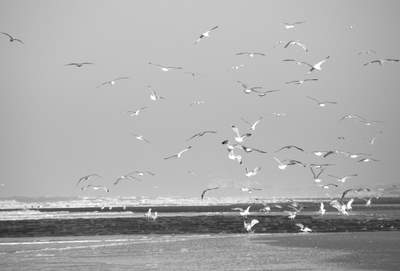
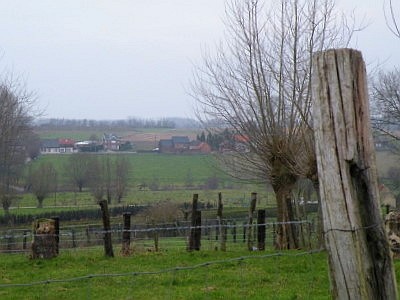
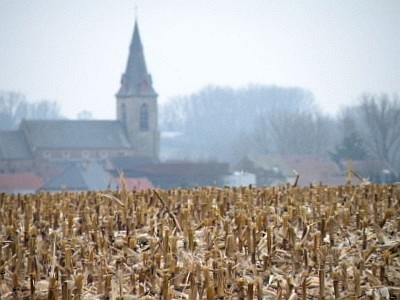
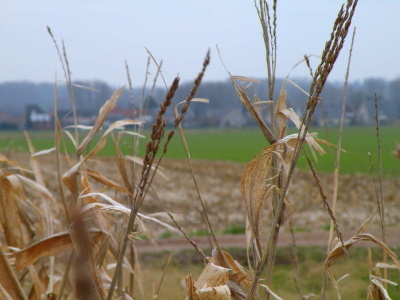

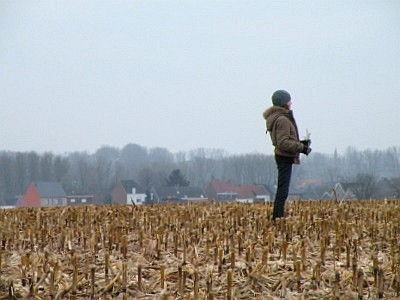

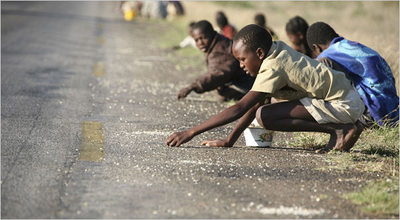



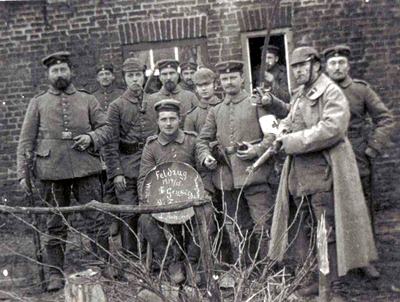
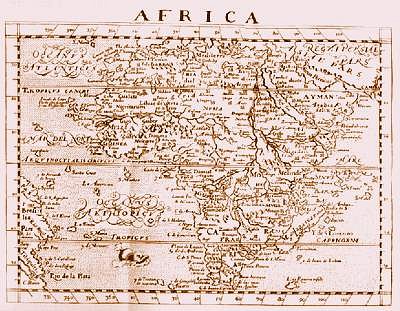

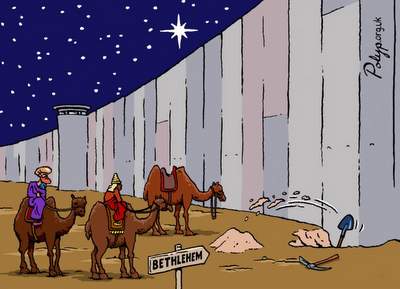


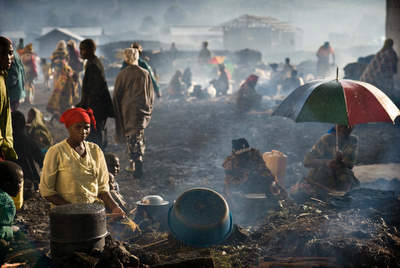
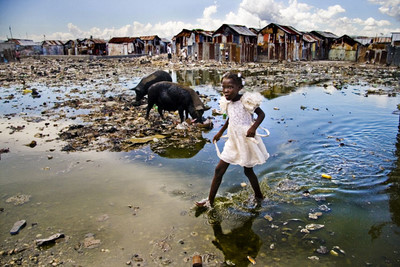
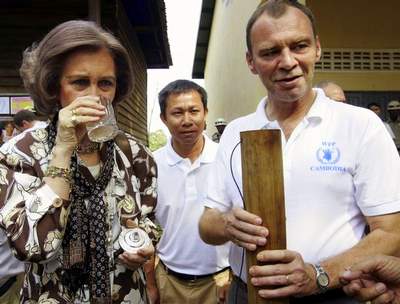

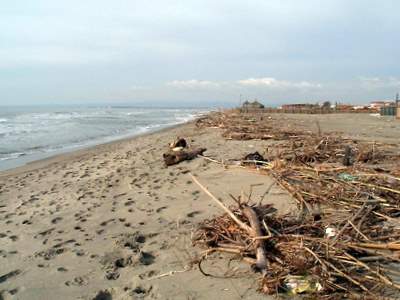
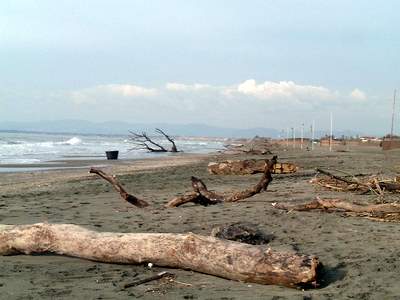
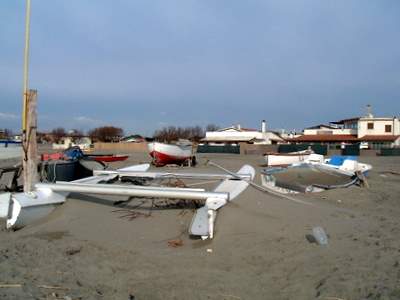
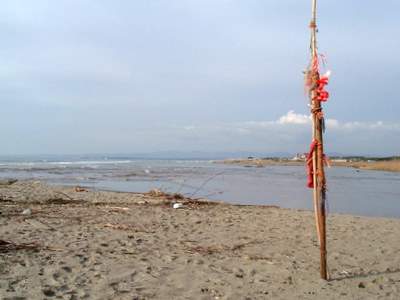

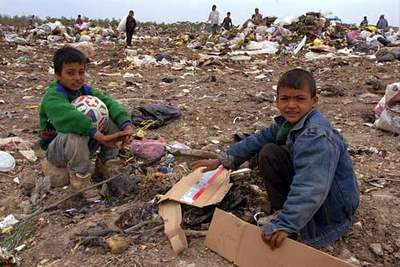

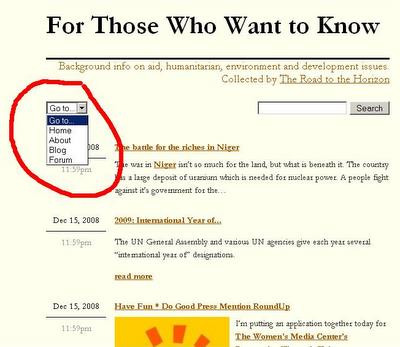

 Peter. Flemish, European, aid worker, expeditioner, sailor, traveller, husband, father, friend, nutcase. Not necessarily in that order.
Peter. Flemish, European, aid worker, expeditioner, sailor, traveller, husband, father, friend, nutcase. Not necessarily in that order.
The Road's Dashboard
Log in
New
Edit
Customize
Dashboard